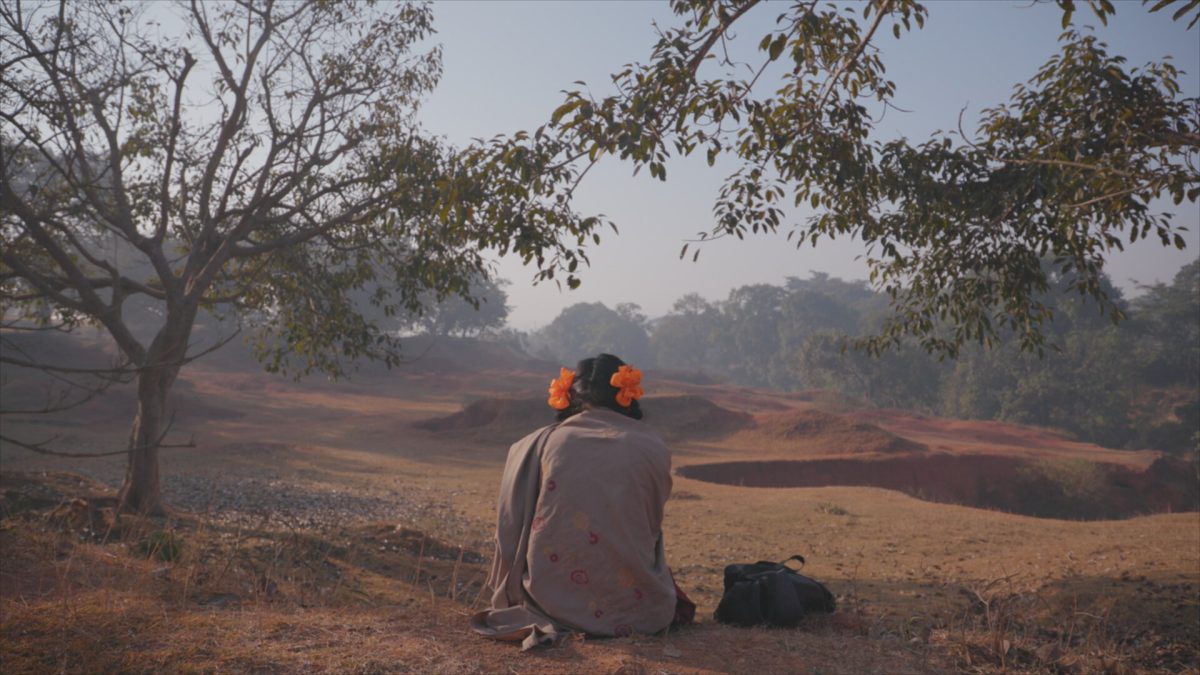
Kiran, the central character in To Kill a Tiger, is a young rape victim who stood up to her three attackers and to a system that offered her few options. Photo: Supplied.
It is a sensitive subject, but one that’s gained global attention, placing the spotlight on the endemic problem of sexual violence against women in India.
In a relatively short time, rape has gone from being treated as a personal issue to becoming a public matter. This issue is both a physical as well as a spiritual problem, which equally has physiological, psychological, moral and social consequences.
Indian-born Canadian filmmaker Nisha Pahuja has taken the subject to a new level of prominence by directing To Kill a Tiger for Netflix. Pahuja’s documentary about a sexual assault survivor in rural India was nominated in the Best Documentary Feature category at the Academy Awards last month.
For years, India has struggled to tackle elevated rates of violence against women, with several high-profile rape cases involving foreign visitors drawing international attention to the issue.
According to India’s National Crime Records Bureau, a total of 31,516 rape cases were recorded in 2022, an average of 86 cases a day. Experts warn that the number of cases recorded is just a small fraction of what may be the real figure, in a deeply patriarchal country where shame and stigma surround rape victims and their families.
In To Kill a Tiger, Ranjit, a farmer in Jharkhand, India, takes on the fight of his life when he demands justice for Kiran (a pseudonym), his 13-year-old daughter, the survivor of sexual assault.
In India, where a rape is reported every 20 minutes and conviction rates are less than 30 per cent, Ranjit’s decision to support his daughter is virtually unheard of, and his journey unprecedented.
To Kill a Tiger is a film brimming with bracing boldness as it follows Kiran and her parents, who live in a village in northeastern India, as they seek justice with the help of activists from Srijan Foundation, an advocacy organisation.
Interviews with other villagers reveal the tribalist, deeply patriarchal values that entangle Kiran. Both men and women chastise her for her supposed irresponsibility and suggest audaciously that she marry one of her rapists to restore her “honour” and the village’s harmony.
The film lays bare the troubled and insufficient avenues available to survivors who seek justice. Kiran and her family may be seen as heroes, but this is anything but a simple tale of valour. In fact, the long ordeal drives the family into debt and forces Kiran to repeatedly rehash her trauma. It’s a fight that pits the family against their entire community.
There are no easy answers in To Kill a Tiger, but it tells an important story in a compelling manner. We bear witness to some painful scenes that are disturbing and provoke anger. In dramatic opening frames, Kiran is seen braiding her hair. Meanwhile, her father Ranjit recounts to the camera how she was raped at a family wedding by three men (including her cousin) in the village where they live.
The three men were quickly arrested, and feeling guilty for not being able to protect his daughter, Ranjit was determined to have them prosecuted for their crime. The legal verdict is significant! Ranjit refuses to let his daughter bow her head, and Kiran speaks with flinty self-assurance and restrained hope. One thing is well defined: revolution begins at home.
Well-known, award-winning Indian actress and producer Priyanka Chopra, winner of the Miss World 2000 pageant (Chopra was the fifth Indian contestant to win the title), is an executive producer of this film. She has multiple reasons to “catapult the conversation” started by To Kill a Tiger.
”I seek and attach myself to work that really pushes the conversations of issues that I feel close to or passionate about, and sexual violence against women definitely is one of them,” says Chopra, the founder of the production company Purple Pebble Pictures.
A call to action for men, the film ”speaks to not just survivors, but their allies as well, men supporting women”.
”It’s very interesting to have a window into that and to see how a father fights his entire community, the justice system, against what he’s told is the norm for his daughter’s rights,” Chopra says.
Chopra (Quantico, Baywatch, Citadel, The Sky Is Pink, The White Tiger, Love Again) was born in Jharkhand, India – the state in which To Kill a Tiger was filmed. She married American singer and actor Nick Jonas in December 2018.
To Kill a Tiger, directed by Nisha Pahuja, is streaming on Netflix.


